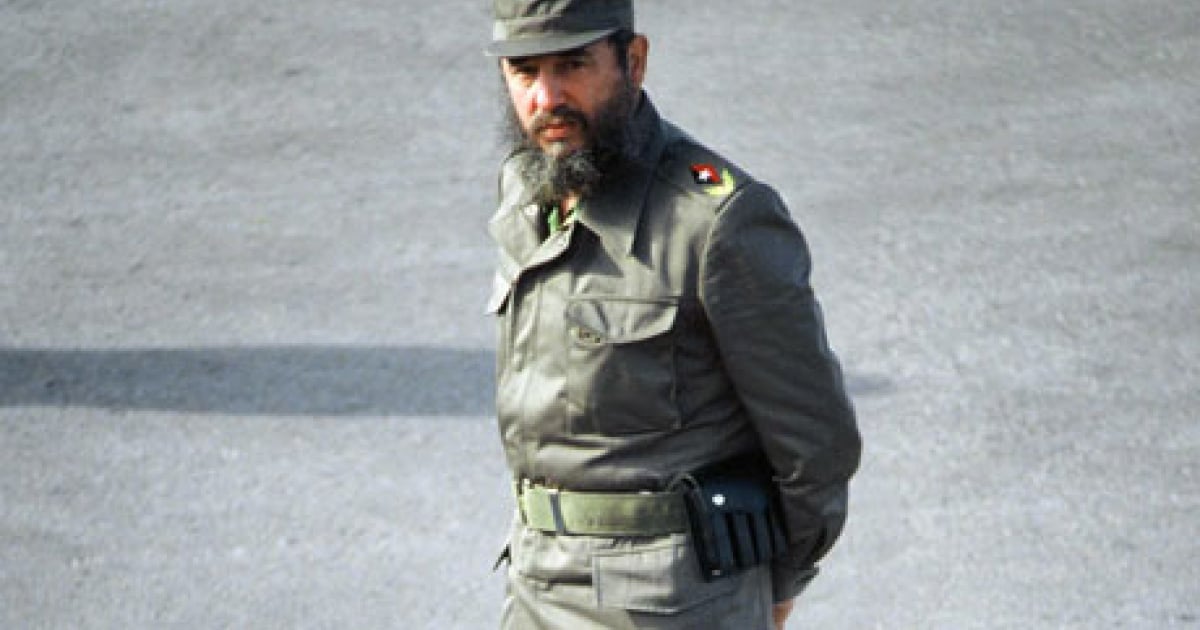
A neurotic, narcissistic leader whose only priority is "holding onto power." This is how a team of CIA psychiatrists defined Fidel Castro 53 years ago in a curious report that was highlighted this Tuesday by the newspaper "Clarín." Although it was created in 1961, it clearly illustrates the tensions that existed at the time between the capitalist and communist blocs. These tensions, as American President Barack Obama explained last week, will gradually be replaced by a shift toward rapprochement and a gradual lifting of the blockade. The Central Intelligence Agency produced this report in October 1961, just two summers after the revolution in the region ended and six months after Cuban exiled troops attempted (unsuccessfully) to invade the Bay of Pigs with the assistance of the United States and John F. Kennedy. Moreover, it was dated only ten months before the onset of the Cuban missile crisis. In the document, which spans approximately three pages, the CIA states first and foremost that Fidel Castro is not insane but possesses an unstable personality that is vulnerable to psychological pressure. It also emphasizes that he thrives on adulation from the masses, has a strong desire to maintain power, and needs to confront an adversary to perceive his own existence as perfect. The CIA further underscores that Castro is unstable and requires the flattery of his peers to feel fulfilled: "Exceptional neurotic traits of his personality include a thirst for power and a need for recognition and adulation from the masses: he is incapable of deriving complete satisfaction from any other source." This dependency is illustrated in his relationship with Che Guevara, of whom the study states that he was entirely reliant: "His emotional stability would suffer if Che did not maintain a firm and positive attitude toward him," the text notes. In this context, the report also points out that if the leader were to be hated by those whose approval he seeks, "the result would be a disorder in his personality, political ineffectiveness, and even a clinical emotional illness such as depression." Additionally, the psychological team noted that any criticism makes him unstable and causes him to lose touch with reality. Selfish and afraid of passivity, the report highlights that one of the defining traits of Castro's personality is his absolute selfishness (a characteristic they consider to be his "Achilles' heel"). "Extreme narcissism leads him to control everything in victory, without delegating authority. When faced with defeat, his first concern is to retreat in order to regroup his resources," the text adds. At the same time, the experts believed that Castro had an immense fear of misfortunes that could occur due to his passivity (including losing power for failing to recognize impending dangers). This trait is linked to his psychological need to always be at the top, controlling society and watching over it as if it were composed of minors. In this regard, the psychiatrists of the State Intelligence Agency also understood that, "despite relying on the masses for his support, (...) he does not trust them enough to call for elections. His priority is to remain in power. He would likely destroy both himself and the Cuban people to preserve this status." Nevertheless, the document also highlighted Fidel Castro's great intellectual capacity and his skills as a "revolutionary leader and agitator."
What do you think?
COMMENTFiled under:






